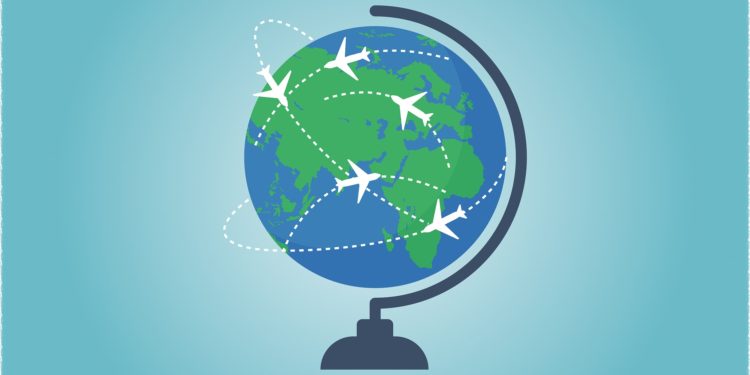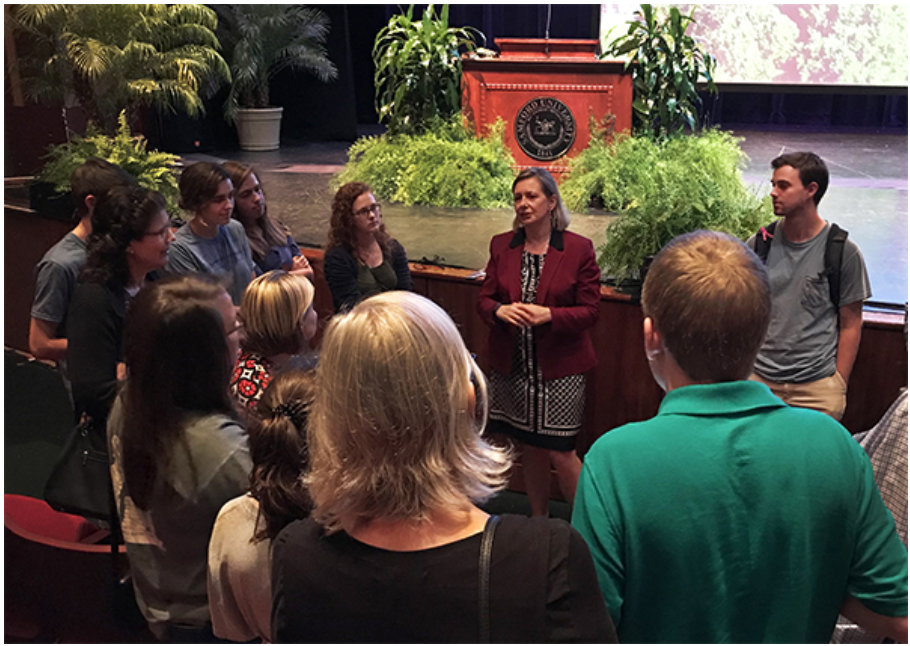Mackenzee Simms / Contributing Writer
This year, Samford is starting a chapter of Global Brigades, an international non-profit that mobilizes groups of volunteers under a holistic model to help rural communities in countries like Honduras and Nicaragua reach their economic and health goals.
J.D. Olivet, the president of Global Brigades Samford, explains the holistic approach in the Global Brigades.
“What we don’t want to do is come year after year to the same community, providing health care each time and never see any long term growth,” Olivet said, “We want to start going with medical brigades and provide the initial health care that these communities are lacking. And then come back with business brigades and water brigades and actually provide clean water to this community that’s never had access before.”
Olivet was a member of Global Brigades at the University of Mississippi for four years while pursuing his undergrad and developed a deep passion for the organization. He decided to start the Samford chapter.
“When I got to Samford, I immediately tried to get plugged into your chapter and then realized Samford didn’t have one which is just crazy to me with how service oriented Samford is,” Olivet explains. “And so I figured that this would be the perfect fit.”
Global Brigades is in the process of being recognized as an official club and hopes to be under the Samford banner by the time that they send their first medical brigade to Honduras this summer.
The medical brigade establishes a mobile clinic in a rural community that has no alternative access to health care. Staffed by local physicians so as not to detract from their economy, the clinic comes complete with an OBGYN clinic, a pharmacy, a dental clinic and a vision clinic.
Students that work in the medical brigade will not only have the opportunity to shadow these doctors, but will also work triage and collect information from the patients before they see the physician.
The patient information gathered by the students is then put into a national data base in Honduras so that the health and well-being of these communities can be tracked.
Olivet explains, “We don’t want to just assume ‘oh we sent a medical brigade, of course they’re fine,’ we want to actually see that they are getting better, and that what we are doing is actually making a difference.”
The brigade also educates the community about basic hygiene practices. Olivet recalls one illustration he was a part of during one of his past brigades.
“There’s one where we dipped one of the kids hands in flour and then let him high-five some other kids and that shows how germs spread, and if you wash your hands, all of a sudden germs aren’t spreading anymore,” Olivet said.
In addition to education, the brigade brings hygiene packs to provide basic supplies such as shampoo, toothpaste, and soap to these communities that are often hours away from the nearest town.
Global Brigades fully trains each member, so students do not need to have any medical experience to go on a brigade. In addition to being taught basic medical spanish, students will learn how to take blood pressure, take blood glucose, and perform basic triage. The thorough preparations prior to leaving on a trip opens Global Brigades to students of any and all ages and majors.
“We do all the training, so there is no upfront knowledge necessary,” Olivet adds. “We are looking for anyone and everyone. We will make it work.”





